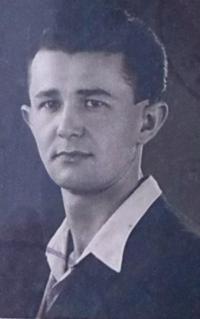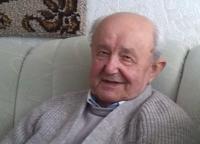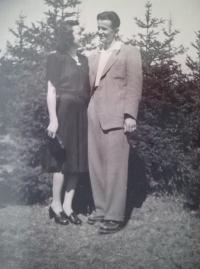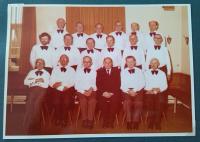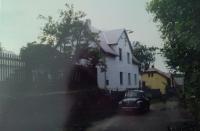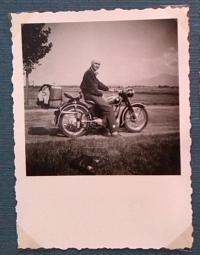You feel at home where you spent your youth. All other things are not that much important
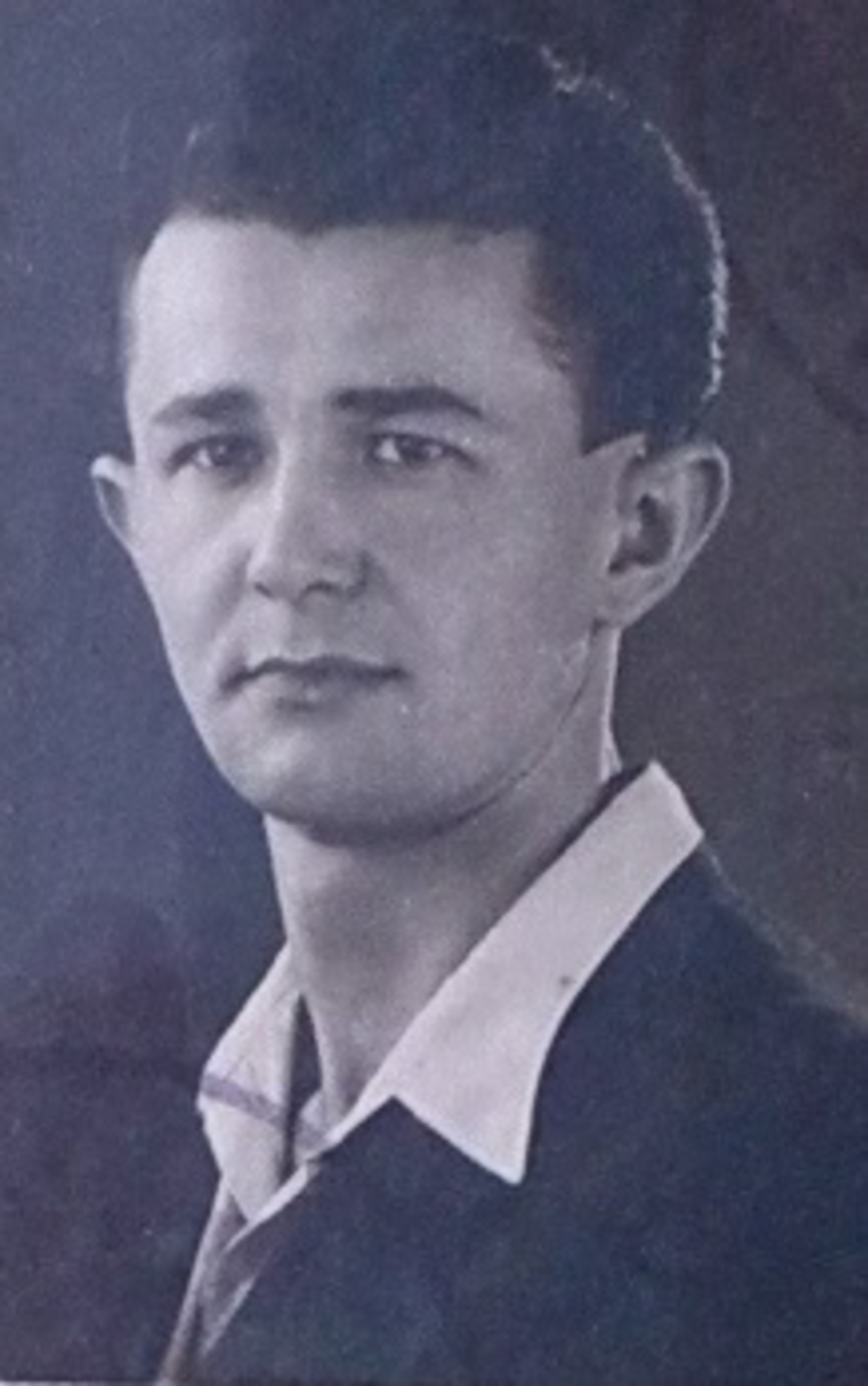
Download image
Rudolf Peller was born on December 22, 1926, in Altsattl in the Egerland. He originates in a working-class family and his youth – preceding the year 1938 – was marked by political talks that were frequently held at home. He was also significantly influenced through his membership in the ATUS and the Jugendfreunde. His father worked in the mining industry and his mother took care of the household and four children. One of the children died early on while Rudolf’s father was imprisoned for some time in the Dachau concentration camp following October 1938. The family tried to leave the occupied territory but their escape attempt failed. Upon his release from prison, he had to take up the job of a roadman, before he could come back to his work in the stone pit. Rudolf Peller himself was drafted to the Arbeitsdienst at the age of 16. After he was released from captivity, he returned to his family in Altsattl. He then worked, just like his father, in the stone pit and later as a truck driver for a Czech company. Being a recognized anti-fascist family, they moved to the Federal Republic of Germany in 1948. They spent two years in the refugee camp. Rudolf met his wife, who was from a neighboring village called Elbogen, at this time. After being unemployed for one year, Rudolf found the job of an assistant worker at the Oberfränkische Volkszeitung. He married in 1952 and the newlyweds were able to move into their own flat. When the local association of the Seliger Community was established in Hof, Rudolf Peller quickly became its member, just like his father had before him. In 1977, Peller began to build his own house. Until his retirement, Peller also worked for a textile company and a publishing house.
